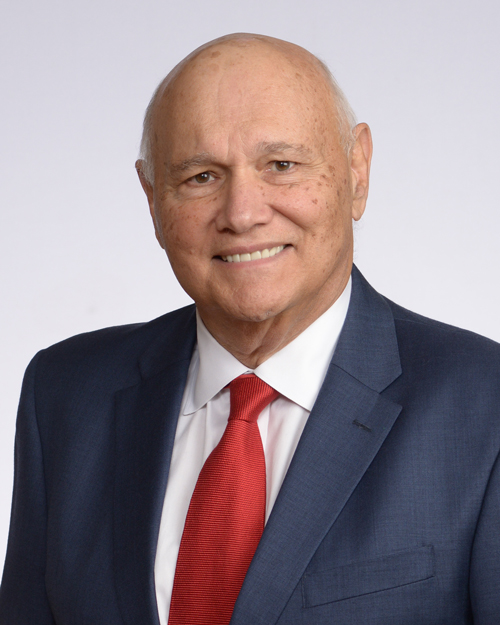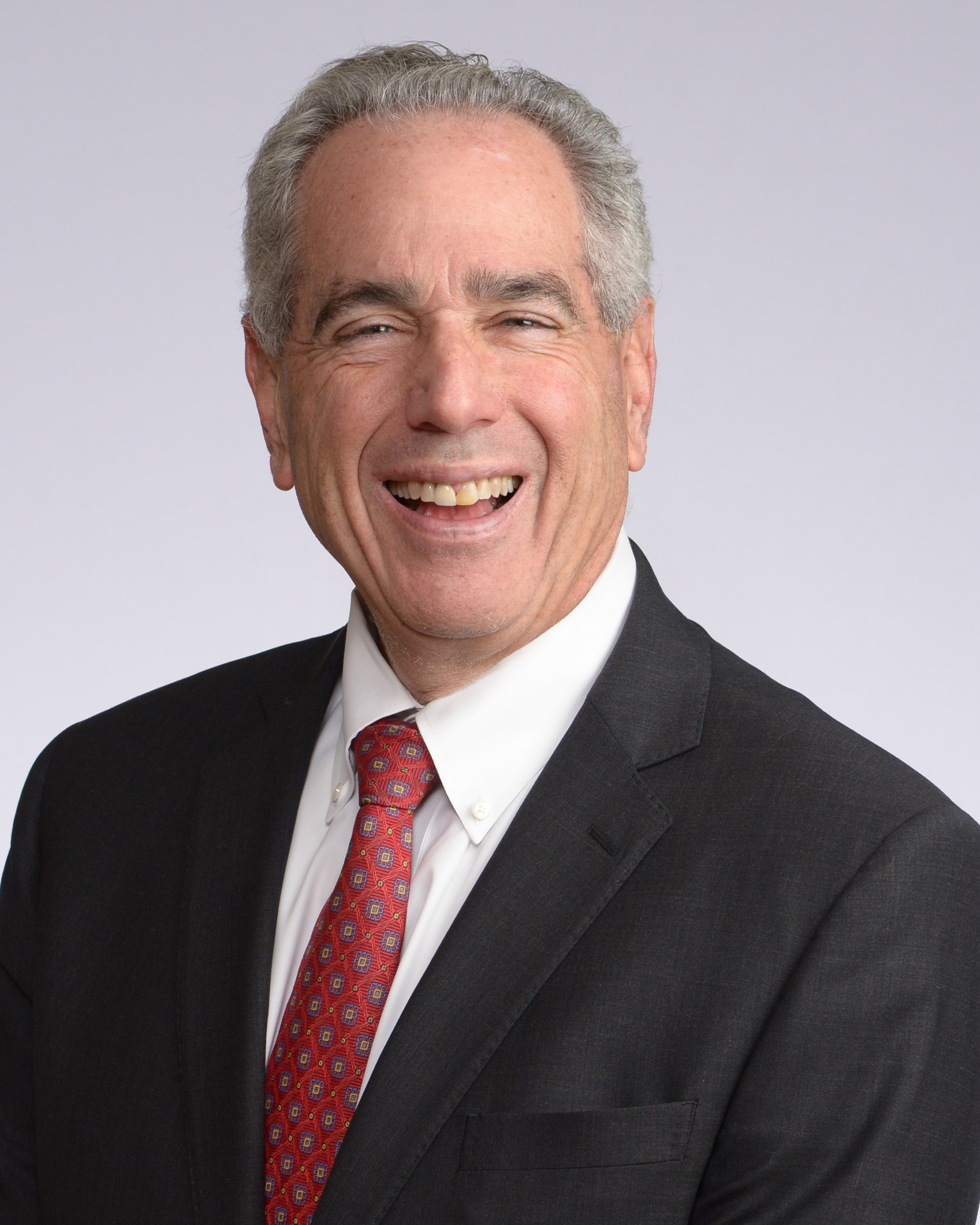The teen accused of starting the second largest wildfire in New Jersey in 20 years denies responsibility for the blaze, saying others with him who left the area after he did should have extinguished the fire. Joseph Kling, 19, was charged in April with aggravated arson, arson, and hindering apprehension in connection with the Jones …
Lombardi & Lombardi, P.A. is marking a significant milestone in the history of our firm as we celebrate our 50th anniversary. Since 1975, we have proudly assisted numerous clients across New Jersey in navigating complex personal injury, Workers’ Compensation, and employment legal matters. Our half-century of success is a testament to the dedication of the entire …
Plea bargains are an important element of the criminal justice system in New Jersey and across the U.S. The American Bar Association reports that approximately 98% of criminal convictions in the U.S. come from guilty pleas rather than from trials. Plea bargains help our justice system function efficiently by reducing the need for criminal trials …
Benefits All New Jerseyans This past August, Acting Governor Nicholas Scutari (who was serving in that position while Governor Phil Murphy was at the Democratic National Convention) signed into law S2822/A3986, which increases the contingency fee cap for attorneys in workers’ compensation cases from 20 percent to 25 percent. Scutari, the New Jersey Senate President …
Soon after launching in 2009 and 2012 respectively, Uber and Lyft became preferred modes of transportation for individuals who lived or worked in areas not served by public transportation or taxis, as well as those who were well-served by either or both but still preferred to use a ridesharing service. Today, designated ridesharing zones at …
New Jersey’s roads are buzzing–literally. Electric bikes and scooters are zipping through neighborhoods, carving a path toward a greener, more convenient future. A favorite among food delivery drivers and short-distance commuters and errand-runners, “e-bikes” and “e-scooters” are changing how New Jersey pedestrians, cyclists, and drivers share the road. These “micromobility” vehicles, however, are not without …
The New Jersey State Police, multiple fire departments, and emergency medical services units responded Monday to a two-car accident near milepost 69.5 on the New Jersey Turnpike northbound outer roadway. Both vehicles were on their roofs after flipping during the collision, with no entrapped occupants reported. Officers stated that one of the vehicles was on …










